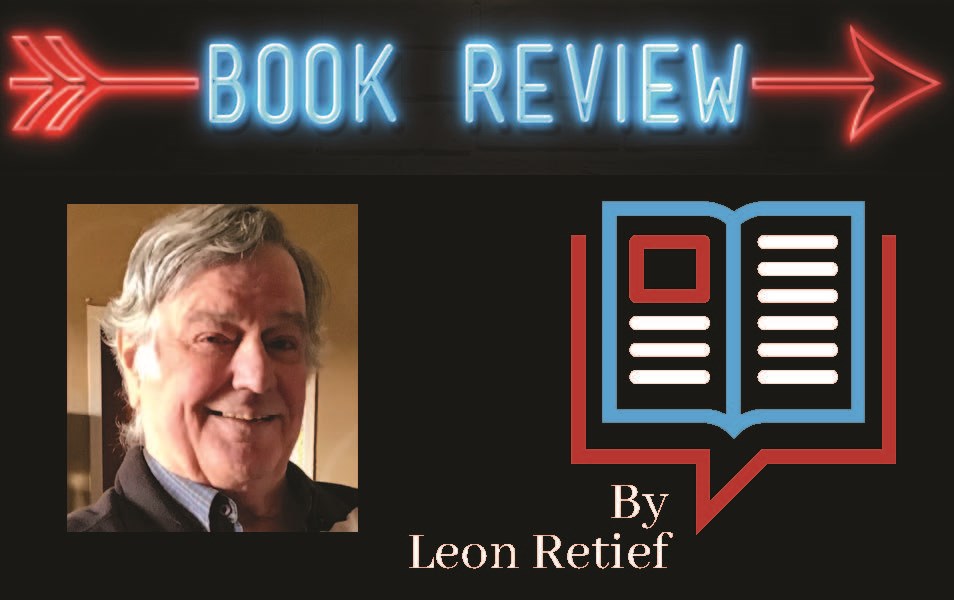The Lost Pianos of Siberia
Sophy Roberts
Grove Press, New York
433 pages
Siberia… the word conjures up visions of a vast, icy, sparsely populated landscape, dotted with remnants of concentration camps, undiscovered graves, secret histories and forgotten tragedies; a landmass inescapably entwined with the sorrows of its past.
Colin Thubron, who wrote extensively about this fascinating part of the world, paints this starkly beautiful picture:
“The ice-fields are crossed for ever by a man in chains. In the farther distance, perhaps, a herd of reindeer drifts, or a hunter makes a shadow on the snow. But that is all. Siberia: it fills one twelfth of the land-mass of the Earth, yet this is all it leaves for certain in the mind. A bleak beauty, and an indelible fear.”
Sophy Roberts is certainly a traveler (and writer) with a taste for the extraordinary, the little-known and obscure. Her quest to find Siberia’s pianos – perhaps better described as a mild obsession – started in 2015 in Mongolia’s Orkhon Valley (well, now that you ask, no, I have never heard of it either) when she listened the sublimely talented Mongolian pianist Odgerel Sampilnorov play Bach and Beethoven on a piano which did not quite meet the expectations of their German host.
They decided that Sampilnorov needs a better piano. This planted the seed and for the next few years Roberts crisscrossed Siberia in a frequently futile quest for pianos – uprights, grands and baby grands; Steinways or Bechsteins, Erards, Beckers, Blüthners and not least the more modest Red October (manufactured, of course, after the 1917 revolution) and many more, irrespective of their condition: well-tuned and playable or in ruins after decades of neglect.
Nothing in Siberia, it seems, is ever divorced from the past and Roberts’ explorations quickly turned into more than just a search for pianos as musical instruments as such. History reared its head and every find, every lead followed up by the author led to multiple interesting byways – not always a story with a pot of gold at the end of the road, but nevertheless always interesting reading.
She describes how tours by often flamboyant musical superstars of the past, such as Liszt, introduced this instrument into Russian cultural life until the piano became a sort of centerpiece of the musical scene in that country, favored by many Russian composers.
Who does not know Tchaikovsky’s piano concerto no 1 almost by heart, as well as famous works by Scriabin, Rachmaninov, Prokofiev and Shostakovich?
Her narratives take us into the personal backgrounds of many (usually elderly) Siberians with a passion for music, for pianos and a deep knowledge of their country, its political system and, of course, the past. Many photographs accompany the text.
We learn about the histories of owners of pianos, as well as the histories of instruments themselves, of pianists (amateur and professional), of concert halls, musical life in many cities, (in its heyday Irkutsk was known as the Paris of Siberia), composers and tuners, almost incredible tales of how these heavy instruments were transported long before railways existed through snow and mud for thousands of kilometers and played not only in homes and concert halls but also in prisons and gulags, how it became fashionable in bourgeois households and the ghastly effects of the 1917 revolution on the musical scene.
Roberts’ pursuit of these hitherto unknown histories may seem quixotic (many will ask who really cares about rundown pianos and unknown amateur pianists in the back of beyond?) but whatever one may think, she weaves a fascinating tapestry of her quest and for my wife and I this book made fascinating reading.
A perhaps trivial but for me interesting example of the many minor historical discoveries mentioned is that the last piano owned by Tsar Nicolas II, last of the Romanovs, was a Russian made Schröder. Unfortunately, nothing remains of the instrument.
Perhaps a word of caution: the reader who knows nothing about the piano as an instrument will learn nothing new and also no reader who wishes to learn about classical music will be any the wiser after closing the book at the end of the last chapter.
This does not matter.
Whatever the case may be, this was one of the most enjoyable books on a really esoteric subject we have read for a long time and it comes highly recommended.
In case any reader wishes to listen to the aforementioned pianist, click here.
Leon Retief




